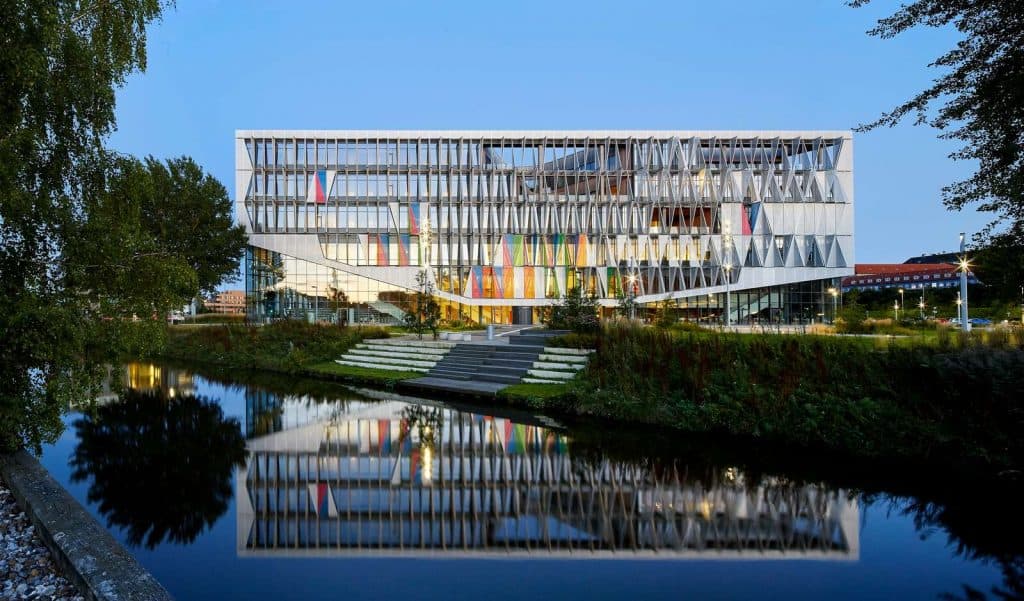
Study in Denmark
Innovation & Sustainable Excellence
Experience progressive education in one of the world's happiest and most innovative countries.
Why Study in Denmark?
Denmark offers a unique blend of high-quality education, innovative teaching methods, and a progressive society. Known for its high quality of life, sustainability focus, and strong research culture, Denmark provides an excellent environment for academic growth and personal development.
Many programs taught in English
Free tuition for EU/EEA students
Focus on innovation and sustainability
High quality of life and work-life balance
Key Benefits of Studying in Denmark
Discover the advantages that make Denmark an excellent choice for your education journey
Progressive Education
Experience innovative teaching with focus on critical thinking and collaboration.
Research Focus
Access world-class research facilities and work on cutting-edge projects.
Quality of Life
Enjoy one of the world's highest living standards in the happiest country.
Sustainability
Study in a country leading global sustainability and green technology initiatives.
Top Universities in Denmark
Explore some of the world's leading educational institutions
University of Copenhagen
Copenhagen
1st in Denmark
Technical University of Denmark
Lyngby
2nd in Denmark
Aarhus University
Aarhus
3rd in Denmark
Aalborg University
Aalborg
4th in Denmark
University of Southern Denmark
Odense
5th in Denmark
Copenhagen Business School
Copenhagen
6th in Denmark
Cost of Studying in Denmark
Plan your budget with our comprehensive cost breakdown
Tuition Fees
€6,000 - €16,000 per year (Non-EU/EEA)
Living Expenses
€800 - €1,200 per month
Detailed Cost Breakdown
Tuition (EU/EEA)Free
Tuition (Non-EU/EEA)€6,000 - €16,000/year
Accommodation€300 - €600/month
Food & living€300 - €500/month
Scholarships & Financial Aid
Explore funding opportunities to make your education in Denmark more affordable
Danish Government Scholarships
Erasmus+ Scholarships
University-specific scholarships
Nordic Scholarship Scheme
Research scholarships
Visa Information
Everything you need to know about student visa requirements for Denmark
Visa Type
Student Residence Permit
Duration
Course duration
Work Rights
20 hours/week during term, full-time during holidays
Visa Requirements
Letter of admission from Danish institution
Proof of financial means (DKK 6,166/month)
Health insurance
Paid tuition (if applicable)
Valid passport
Work Opportunities
Build your career with excellent work opportunities during and after your studies
During Studies
Work up to 20 hours per week during term time and full-time during summer holidays (June-August).
After Graduation
Can stay for up to 3 years to seek employment. Denmark offers opportunities in tech, renewable energy, and life sciences.
Popular Career Sectors in Denmark
Renewable Energy
Life Sciences & Pharmaceuticals
Information Technology
Design & Architecture
Engineering
Sustainable Technologies
Intake Seasons
September (Main)
February (Limited programs)
Popular Student Cities
Copenhagen
Aarhus
Odense
Aalborg
Roskilde
Ready to Start Your Journey to Denmark?
Get expert guidance from our counselors and take the first step towards your dream education. Book your free consultation today!